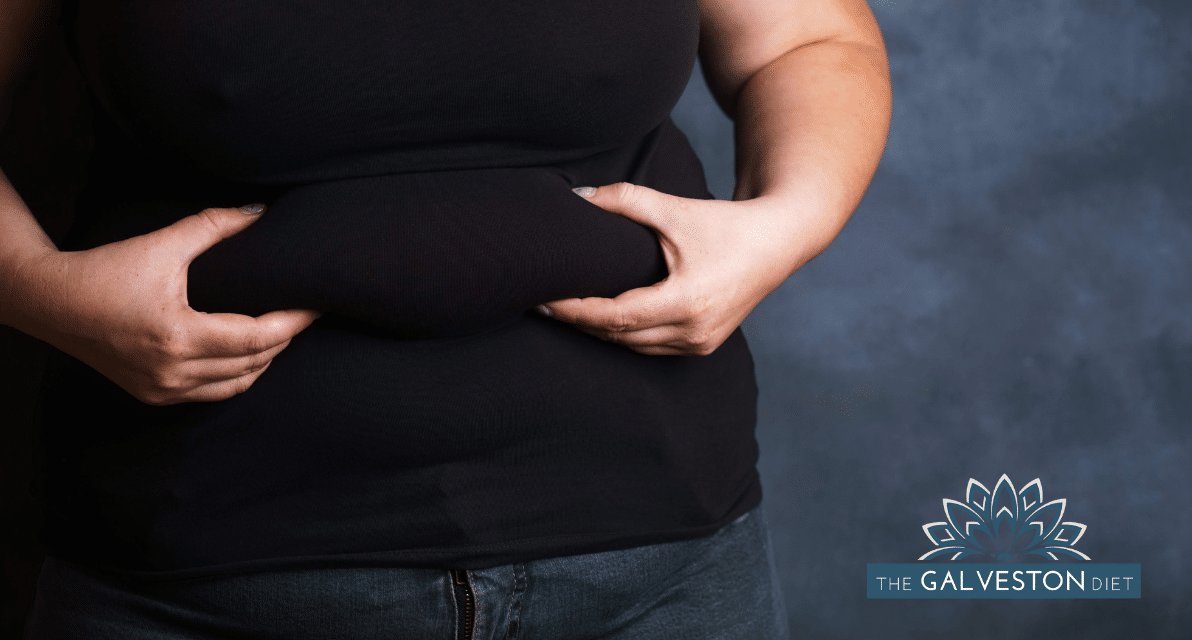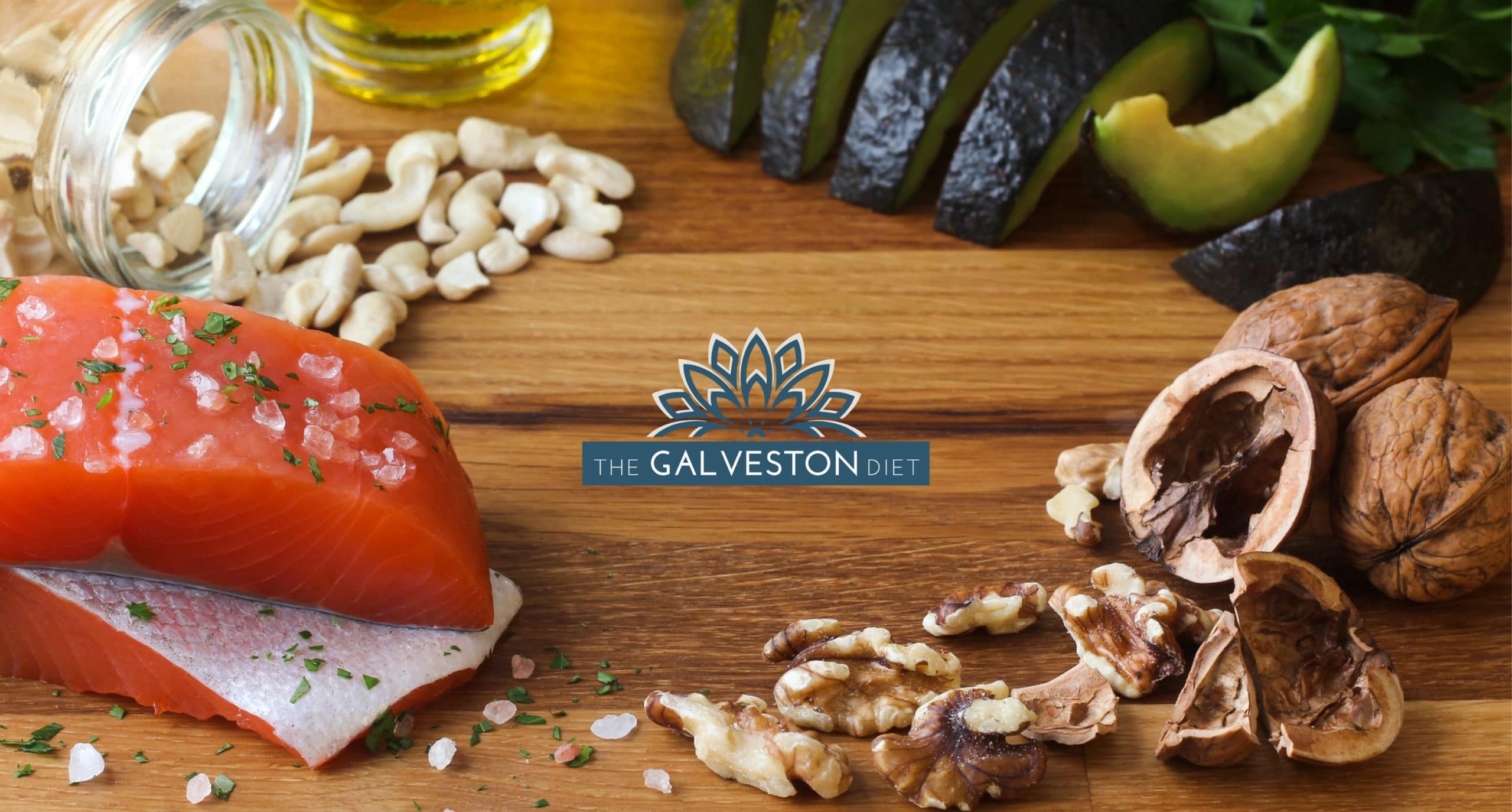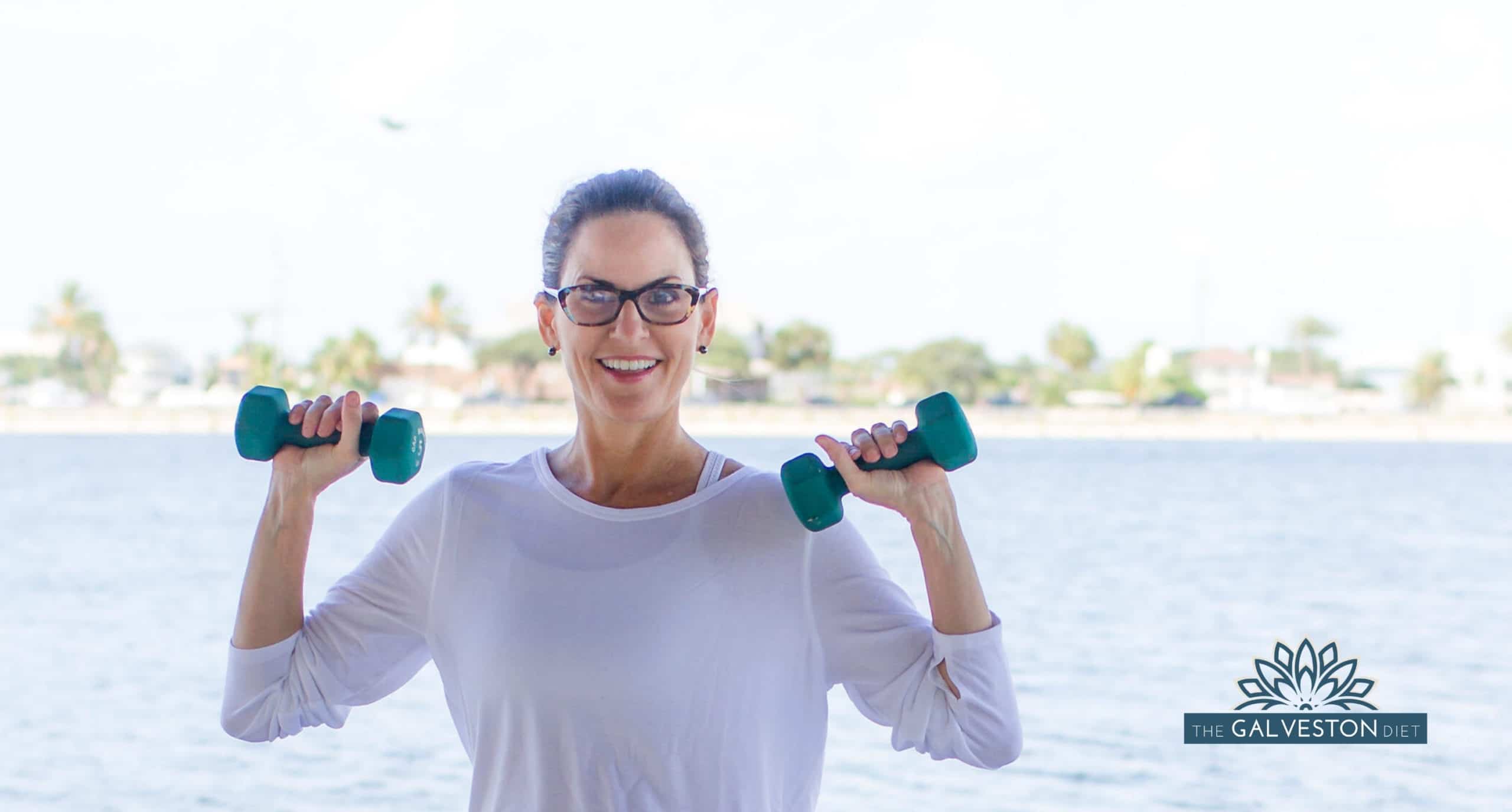As an OBGYN, I have had the privilege of taking care of thousands of women each year. Young and old, these women are the cornerstone of my medical practice, and where I spent most of my time away from my family.
Over my twenty years of practice, I noticed the trend of weight gain in women – from one to two pounds a year in midlife, then escalating to an average of 10 to 20 pounds during the menopause transition, and no one was happy about it.
I did notice, however, that not every woman succumbed to this phenomenon. I began keeping track of the habits of the women who seemed to sail through the menopause transition with no weight gain, minimal symptoms, and great overall health.
Women who don’t gain weight in menopause, do this:
They know exactly what they eat, and they keep track.
Studies have shown that Americans as a whole are terrible at estimating how much they eat a day – and many have no idea how many carbohydrates, protein and fats they are eating a day. With the now almost universal access to smartphones, it has never been easier to keep track of what you eat – and it will likely surprise you.
They have an active lifestyle.
They have exercise built into the normal part of their day, and it is a priority. They do NOT just rely on walking. They incorporate resistance training at least twice a week to keep their muscles strong. They are just as busy as everyone else, but they are far less sedentary. They look for opportunities to exercise. They take the stairs, park far from the building, walk during their lunch breaks, and hang out with people who do the same.
They meal plan.
They know what they are going to eat and when they are going to eat it. They pack their lunches for work. They look at menus before choosing a restaurant. They invest the time to prepare ingredients and meals/snacks for the week.
They limit carbohydrates.
They rarely eat processed carbohydrates. They limit starchy carbs. Instead, their meals are packed with leafy green vegetables, peas, beans, lentils, squash, berries, apples and other nutrient and fiber dense items. They understand the glycemic index and build low index foods into their diet.
They eat plenty of healthy fats.
Their meals filled with nuts, seeds, avocados, olives and olive oil, and nut butters – they fill full and satisfied and rarely get hungry soon after a meal.
They get plenty of sleep.
Sleep is non-negotiable for them. Their schedule is built around the ability to get at least 7 – 8 hours EACH night. Multiple studies have shown that people who do not get enough sleep have higher hormone levels associated with weight gain and are much more likely to snack when not hungry.
When I developed The Galveston Diet – I incorporated these principals into the program, and the results for our students have been phenomenal. Learn more about The Galveston Diet here.






